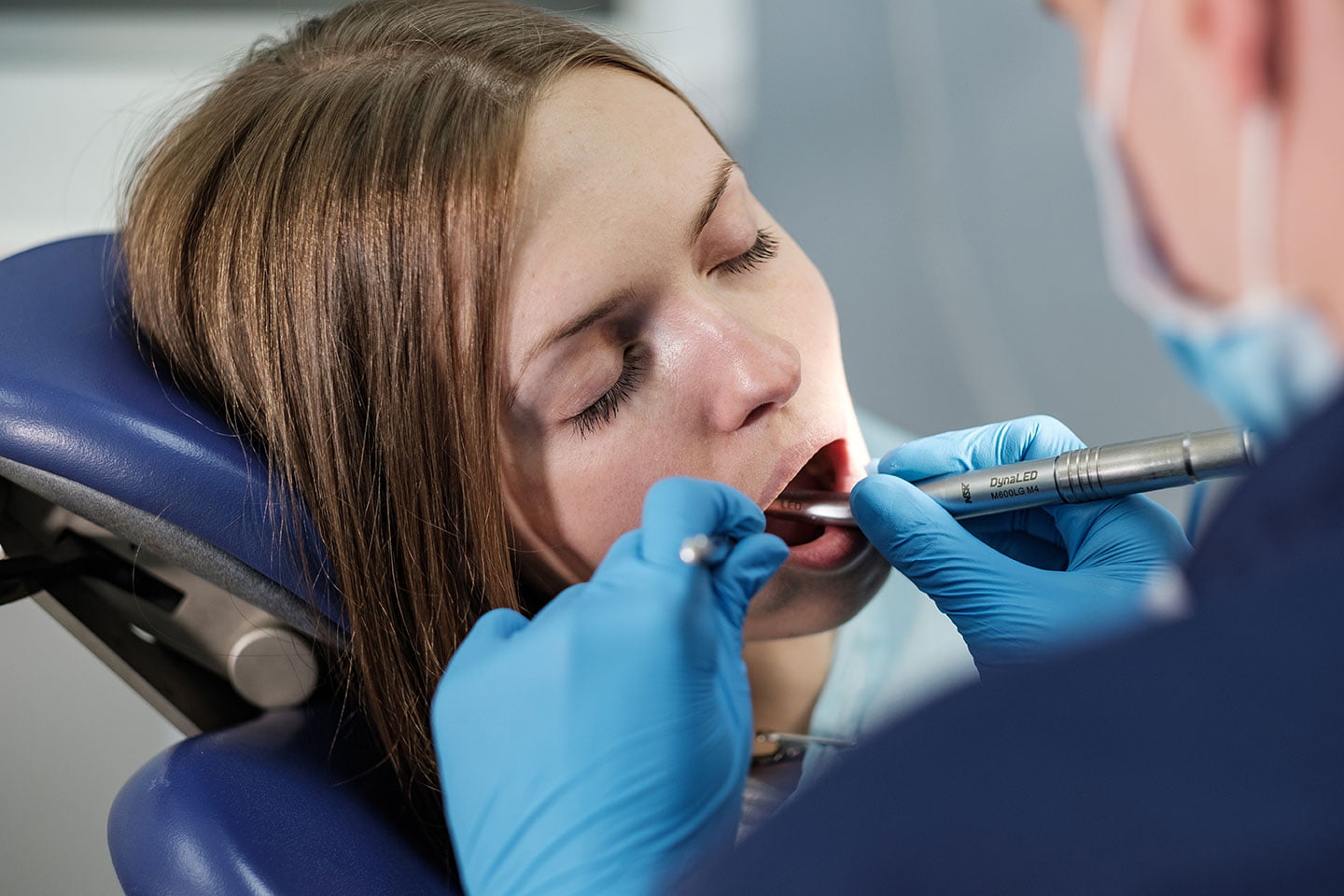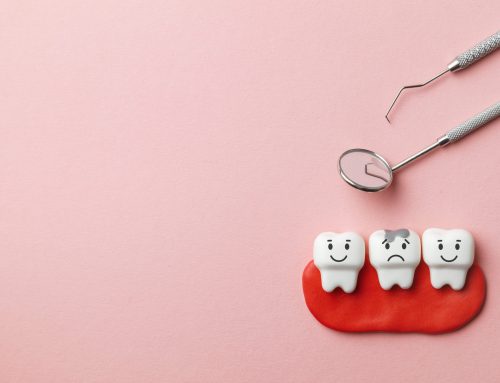The battle against gum disease, also known as periodontal disease, is a crucial one. This common but serious oral health condition affects a significant number of adults and can lead to various complications if left untreated, including tooth loss. But don’t fret – periodontal disease is both preventable and treatable. In this blog post, we will explore how dentists effectively tackle gum disease, ensuring you continue to enjoy a bright, healthy smile.
Understanding Gum Disease
Before we delve into the treatment aspect, let’s understand what gum disease is. Gum disease is an infection of the tissues that hold your teeth in place. It’s typically caused by poor oral hygiene leading to plaque build-up on the teeth and eventually hardening into tartar. There are two main stages of gum disease: gingivitis (the initial, mild stage) and periodontitis (the advanced, more severe stage).
Now, let’s delve into the ways dentists treat gum disease.
Professional Dental Cleaning
Prevention is the first line of defence against gum disease. Regular professional dental cleanings play a pivotal role in preventing the onset and progression of gum disease. During these visits, dental hygienists remove plaque and tartar build-up from your teeth, including from below the gum line, where regular brushing and flossing can’t reach.
Scaling and Root Planing
For those already exhibiting signs of gum disease, a professional deep-cleaning method known as scaling and root planing is employed. Scaling involves scraping off the tartar from above and below the gum line. Root planing gets rid of rough spots on the tooth root where germs gather, helping remove bacteria that contribute to the disease. This procedure can result in less inflammation and shrinking of the gum pockets.
Medications
In some cases, medications may be used as part of the gum disease treatment plan. These could include prescription antimicrobial mouthwashes, antiseptic “chips,” antibiotic gels, or oral antibiotics. The medication used depends on the severity of the condition and the response to ongoing treatments.
Surgical Treatments
In advanced cases of periodontal disease, surgical treatments may be required. Here are a couple of the most common:
Flap Surgery: This procedure involves lifting back the gums and removing tartar deposits. The gums are then sutured back in place so they fit closely to the teeth, reducing the space between the gum and tooth, which inhibits bacteria growth.
Bone and Tissue Grafts: This surgical procedure is employed when the disease has damaged or destroyed the bone surrounding the tooth root. The grafts serve as a platform for the regrowth of natural bone, ultimately enhancing stability and health.
Laser Treatment
A modern approach to treating gum disease includes the use of lasers. While still a relatively new treatment method and not available at all dental practices, some research suggests that laser treatment may result in less bleeding, swelling, and discomfort compared to traditional surgery.
Treating gum disease is a multidimensional approach that requires preventive measures, potential medication, deep cleaning, and even surgical procedures in advanced cases. The key to managing this condition is early detection and immediate action. Regular dental check-ups, along with maintaining excellent oral hygiene, are your best bet in preventing gum disease or catching it in its early stages.
Gum disease might sound intimidating, but remember, your dental team is well-equipped to assist you in winning this battle. If you’re facing symptoms of gum disease, such as swollen, red, or bleeding gums, don’t hesitate to reach out to your dentist. Together, you can chart a path toward recovery and ensure that your smile remains healthy and vibrant.
Remember, gum disease doesn’t appear overnight. It’s a gradual process that can take years to develop into a serious problem. That’s why it’s crucial to have regular dental check-ups, as your dentist can detect early signs of gum disease that you might miss. It’s also essential to follow a solid at-home oral care routine, including brushing at least twice a day, flossing daily, and using an antimicrobial mouthwash.
Living with gum disease is not an inevitable outcome. With the right dental care, preventive measures, and lifestyle choices, you can effectively combat gum disease and safeguard your oral health. Take charge of your oral health today and keep gum disease at bay – your teeth and gums will thank you!
In the end, always remember that your oral health is an integral part of your overall health. Taking action against gum disease not only protects your beautiful smile but also contributes to your overall well-being. Keep smiling, and keep shining!
Remember, you’re not alone in your journey toward a healthy smile; your dentist is there to guide you every step of the way. So don’t hesitate to schedule your next appointment. If you’re looking for a new partner in oral health, contact Somerset Dental to book an appointment.
Did you know regular dental cleanings prevent gum disease? What steps do you take to prevent gum disease? Share your experience with our readers in the comments below.






Leave A Comment